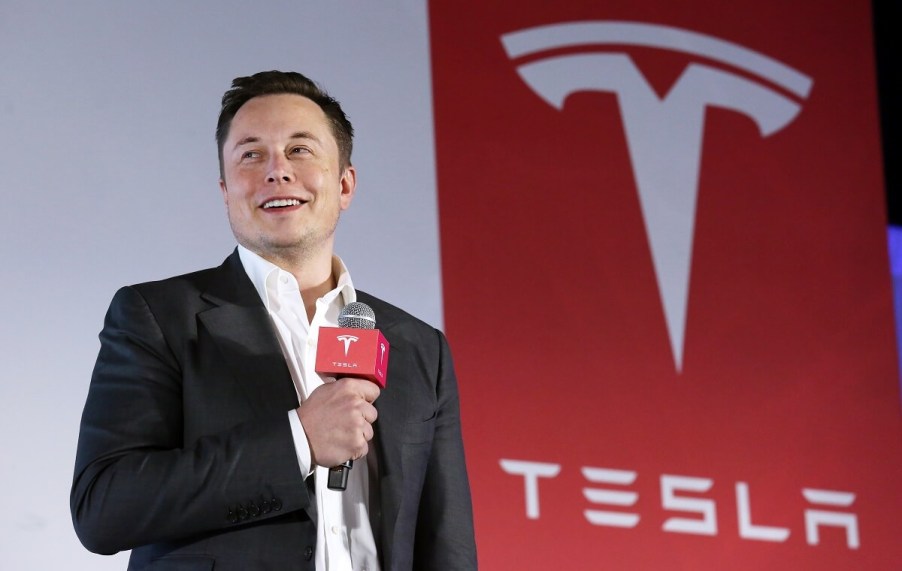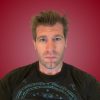
Reports Suggest That Tesla Has a Creepy Secret Program to Cover up Customer Complaints
Tesla is an interesting company. No matter how you feel about Tesla, its rogue CEO, or electric cars in general, Tesla is very interesting. Tesla is accused of having a secret program designed to cover up complaints about range. There are even some cases of range-related issues in which customers’ appointments with a Tesla Tech were canceled without ever inspecting the car. It’s funny that there’s a Tesla secret program accused of covertly crushing complaints and covering up range issues when Tesla’s CEO is grandstanding about online censorship. I wonder who is allowed to speak freely and who is allowed to censor?
Tesla’s secret program is ironic and creepy

According to a deep investigation by Reuters, Tesla employees had been instructed to crush any complaints about the poor driving range by not allowing customers to bring their vehicles in for service.
One such story of this “Diversion Team” at work goes like this. Earlier this year, Alexandre Ponsin took his family on a road trip in his recently purchased used 2021 Tesla Model 3. Tesla claims the Model 3 has a driving range of 353 miles when fully charged. He quickly realized that he was often getting only half of that range. In the cold, the range was particularly horrible. He said that as he watched the range drop rapidly in front of his eyes, he was convinced that there must be an issue with the battery.
Ponsin reached out to Tesla to book a service appointment. According to his account to Reuters, Tesla responded with two text messages. The first message said that “remote diagnostics” showed that the battery was fine. The second message simply said that “We would like to cancel your visit.” This isn’t the first time we’ve heard of funny stuff going on with Tesla repair centers either.
What he didn’t know at the time was that Tesla had a “Diversion Team” stationed in Las Vegas whose job it was to refuse service to anyone worried about range issues.
Why is Tesla refusing range-related service?
As with most things, this group is both understandable and also pretty troubling. First, electric range is a legitimately tricky thing to nail down. The range can change dramatically based on how you drive, how many features you are using, and more than nearly anything else, the Air Con and Heat. Because of this, Tesla says that the service centers were constantly inundated with customers upset with the realities of their Tesla’s range.
I experienced a very similar disappointment when I reviewed the Hyundai EV6 GT. It was the dog days of summer, and I had my very pregnant wife in the car. It was very hot. After doing an hour and change of mild highway driving while running the AC, it was clear to me that the 250(ish) mile range wasn’t going to get us through our barely 100-mile trip. It was then that I learned how much heat and AC can affect the EV range. I can understand a service center not wanting to take cars that aren’t broken; they are just disappointing. However, that is Tesla’s cross to bear.
Tesla customer service allegedly encouraged to close calls without actually helping customers

All that said, Tesla always seems to take the sneakest approach to issues like this. Inside Tesla’s Nevada office, reports say that employees are incentivized to close as many cases as possible without ever helping anyone. Reuters mentions that some employees would put their phones on speaker, then mute the microphone and strike a xylophone to signal another cleared work order without service. Other employees are said to further make a show of this work by standing on their desks to indicate another unhelped employee. Allegedly, managers tell employees that canceling these appointments saves Tesla $1,000 per customer.
Again, in most cases, there probably wasn’t anything wrong with many of these cars. However, the way Tesla treats its customers is deeply upsetting. It’s not dissimilar to other Tesla controversies.
Take Tesla’s “Full Self-Driving” Mode, for instance. The feature (that people are paying to test for Tesla) has killed multiple people. Despite its clearly misleading name, Tesla continues to deny that it urges people to use something called “Full Self-Driving” but that it can’t actually drive the car for you. This became such a problem that multiple agencies are now investigating the software.
Of course, neither Tesla CEO nor any other executive from Tesla responded when asked about the secret group.





